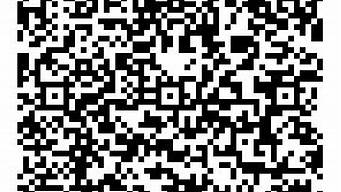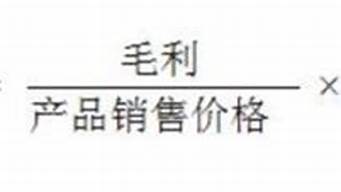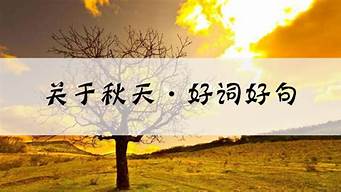The weather is getting colder. When I go out, I'm going to freeze to death~ I suddenly realized that it's already winter. No wonder the wind is blowing and the temperature is dropping every day. It turns out that we should wear cotton trousers!
When they suddenly realize something, many people like to respond with "so it is". So, let's see how to say "so it is" in Japanese today!
1. なるほど
I believe that many friends will respond to this statement. After all, no matter when we first learned Japanese, or later in Japanese TV dramas and movies, the frequency of use of this term is so high that it is difficult to know.
「なるほど」 itself has two usages. One is as an adverb, which is used to express the feeling of agreeing with the other party's opinion or one's own understanding, "So it is, it is true" and so on. There is another usage of this term, which is as an interjection, expressing "indeed, not", and as an epithet.
A: Today は久しぶりに高中学书时(こうこうじだい)の友达に会ったよ. / Today I saw a high school friend whom I haven’t seen for a long time.
B: なるほど.だからそんなに遅く帰ったのか。 /I see. No wonder I came back so late.
A: Last night (さくや), 8:00 に床たよ. /Last night, I stayed up very late.
B: なるほど. Yuan気そうに见えるんだ. /I see. Looking really energetic.
A: ねえ, 闻いて. Neighborhood の interest son さん, East University に qualified (ごうかく) したって. /Hey, let me tell you. The neighbor's son has been admitted to Dongda University.
B: なるほど.だから仁の奥さん, あんなに欢しいのか. /I see. No wonder the lady was so happy.
2. そういうことか
In Japanese, in addition to "なるほど", you can also use "そういうことか" after expressing that you understand or understand something.
A: Bi Shi と Bie れ た. / I broke up with my boyfriend.
B: そういうことか.必元気なさそうに见えたのね. / so ah. It's no wonder you're so sluggish when you look up close.
A: The day before yesterday (ぜんじつ), どうしてそんなに恐んだか知ってる.ピンクの服がほしいって言っただろう. Ending (けっきょく) 黑いのbuyってきた. /Do you know why I was so angry two days ago? You said you wanted pink clothes, but you bought black ones.
B: そういうことか.ごめん. /It turns out that's the case. sorry.
A: Wang San, near いいことがあるか.なんか Everyday Nikonikoshiteru. /Is there something good about Xiao Wang? Smiling every day.
B: 知らないの.もうすぐおfather さんになるよ. /do not you know? He's going to be a dad soon.
A: そういうことか. /So it is.
3. そうなのか
「そうなのか」is somewhat similar to 「そういうことか」, and it can also mean "so it is".
A: Neixu (ないしょ) を constraint したんだよ.実 は private, Ninomiya さんのことが好きだ. / Said to keep it a secret. Actually, I like Ninomiya-kun.
B: そうなのか.だからいつもこっそり见てるのね. /I see. No wonder you secretly look at him every time.
A: This year, I will definitely travel with you (りょこう) に行く. /This year, be sure to take your parents on a trip.
B: そうなのか. Near なんか肉をたべなくなった. Save だね. /I see. I don’t eat meat anymore, so it’s to save money.
4.そうだったんか
When expressing "so it is", there is another usage of "そうだったんか".
そうだったんか。 That girl deki tan da. /I see, I got a girlfriend.
A: どうして我の自拍(じど)りPhoto (しゃしん) が, どう见ても, 不精工(ぶさいく)だ. / Why do my selfies look so ugly.
B: From the point of view (かくど) is very important.上のほうから, よくなるよ. / Selfie angle is also very important. It looks good from above.
A: そうだったんか. /I see.
This film is from the Japanese TV drama "Legal High"
The editor has introduced the statement of "so it is so" here~ What other statements do you know? Let's discuss it with everyone!
This is the end of the introduction on how to say this in Japanese ("So it" is homophonic in Japanese and Chinese)).
文章来源于网络或者作者投稿,若有侵权请联系删除,作者:茉莉花开,如若转载,请注明出处:https://www.laoz.net/25932.html











